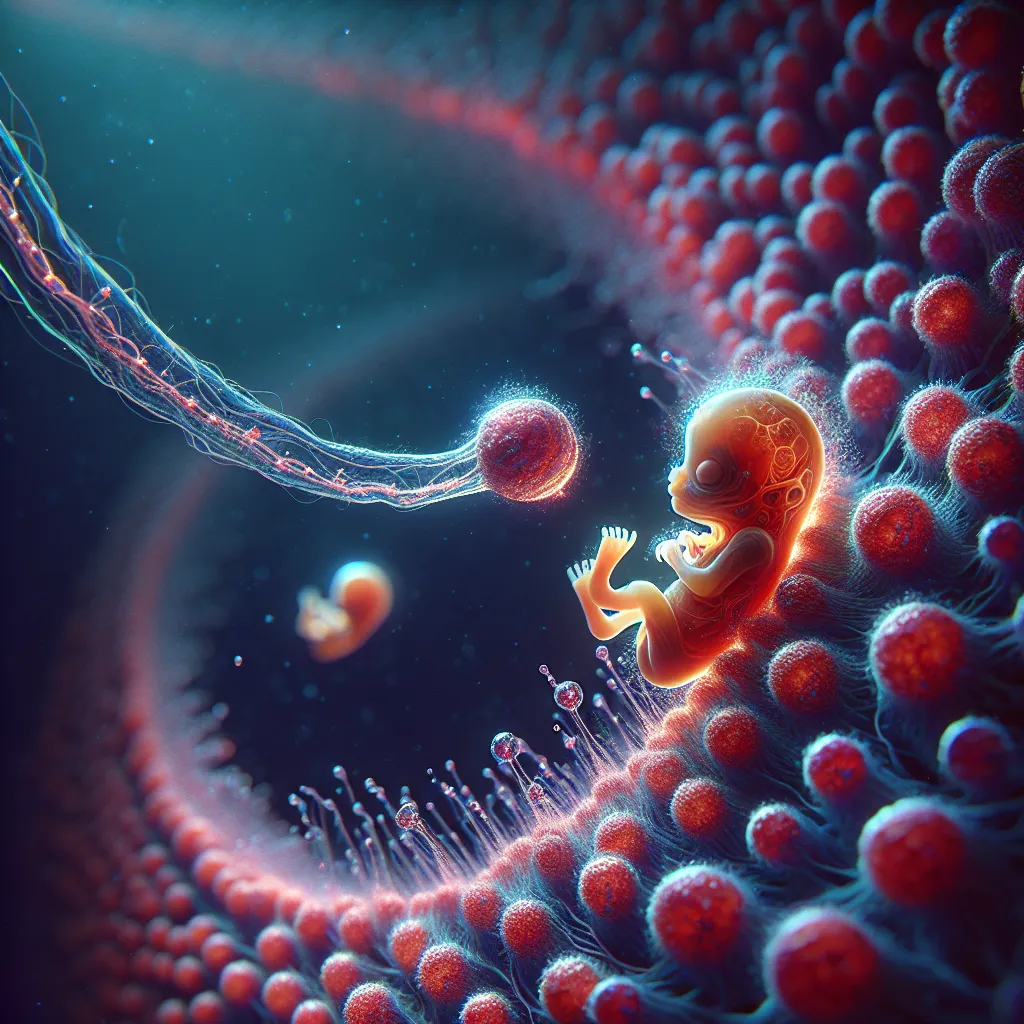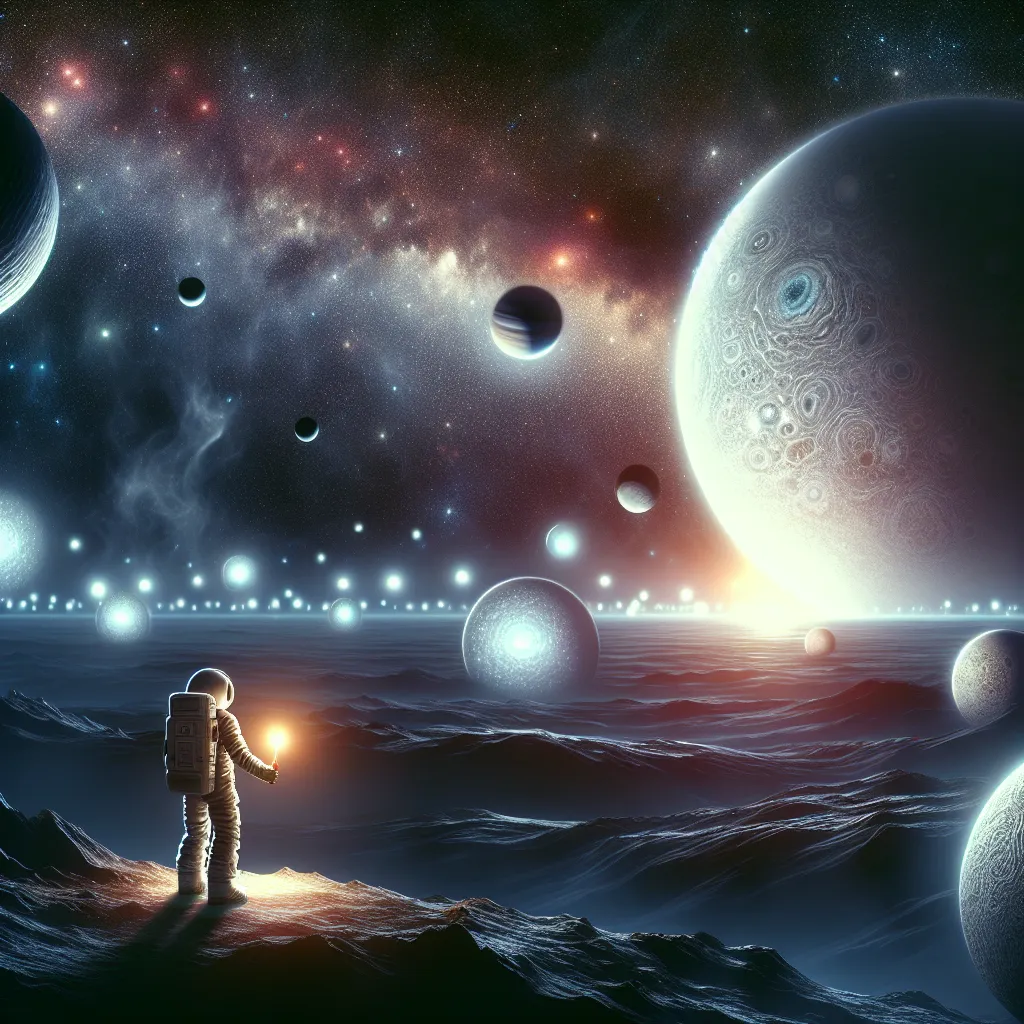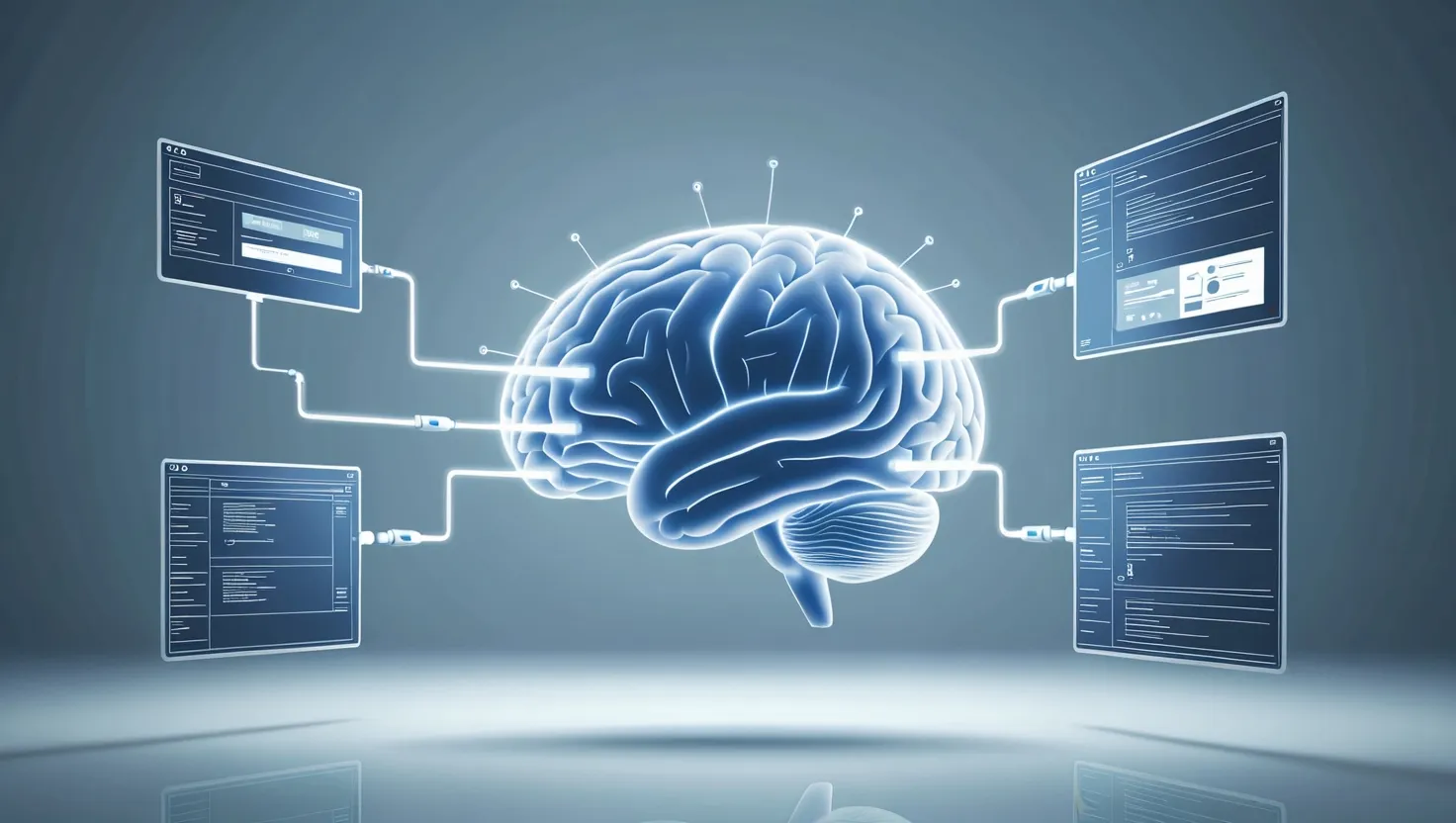One of the first organs to form in an embryo is the heart. Without it, there’s no way to distribute food and oxygen necessary for development. Initially, the heart is just a cluster of muscle cells. But after 22 days, something amazing happens. When the embryo is the size of a poppy seed, one cell starts to contract. This tiny action sets off a chain reaction, causing all the surrounding heart cells to beat as well.
Imagine that – your heart starts beating even before you’re big enough to be seen. It’s like your life just got its rhythm. Over time, as the nervous system develops, the brain takes over, regulating the heart’s contractions to keep them steady and consistent. This rhythm will continue for a lifetime. To put it into perspective, if a person lives to 75, their heart will beat around 2.75 billion times. Life’s truly a wonder, starting with that very first heartbeat.






